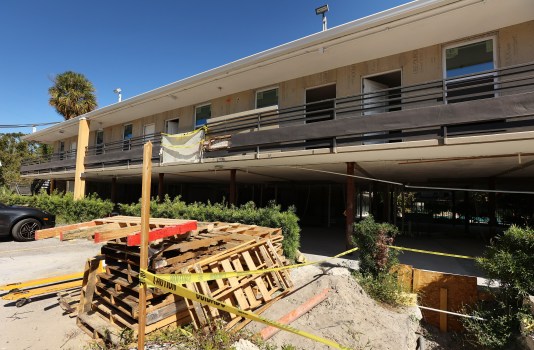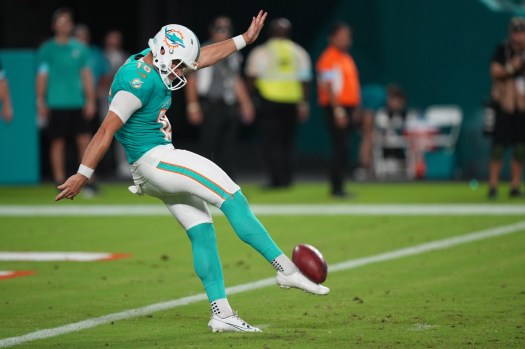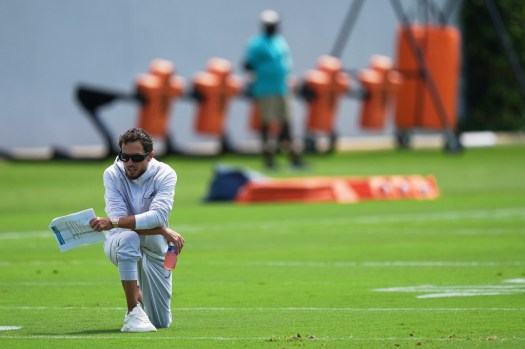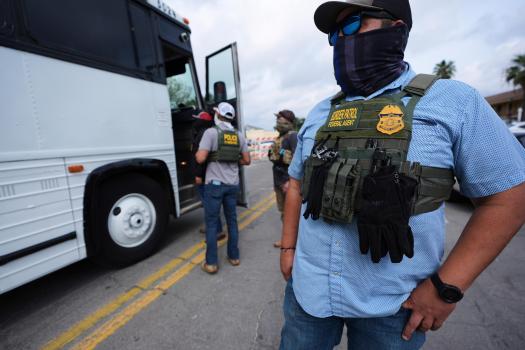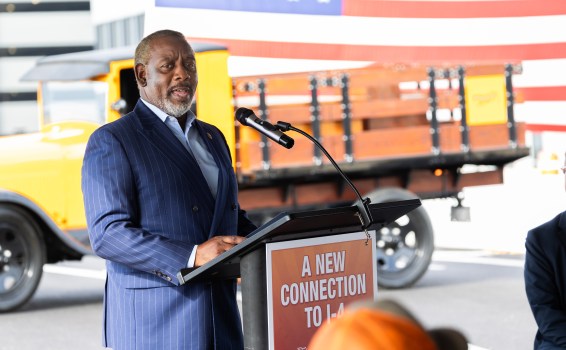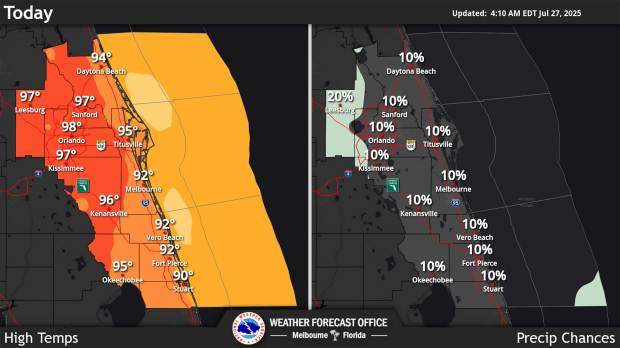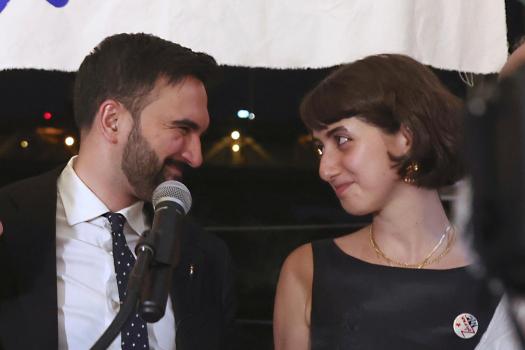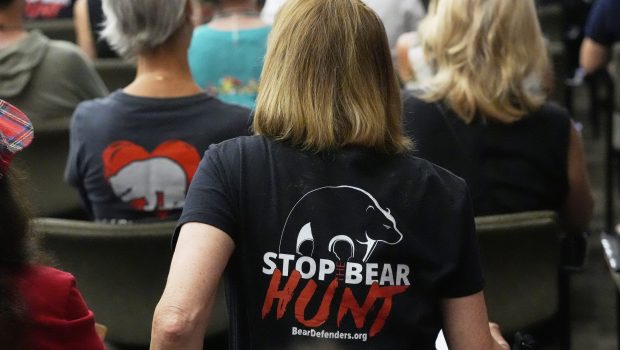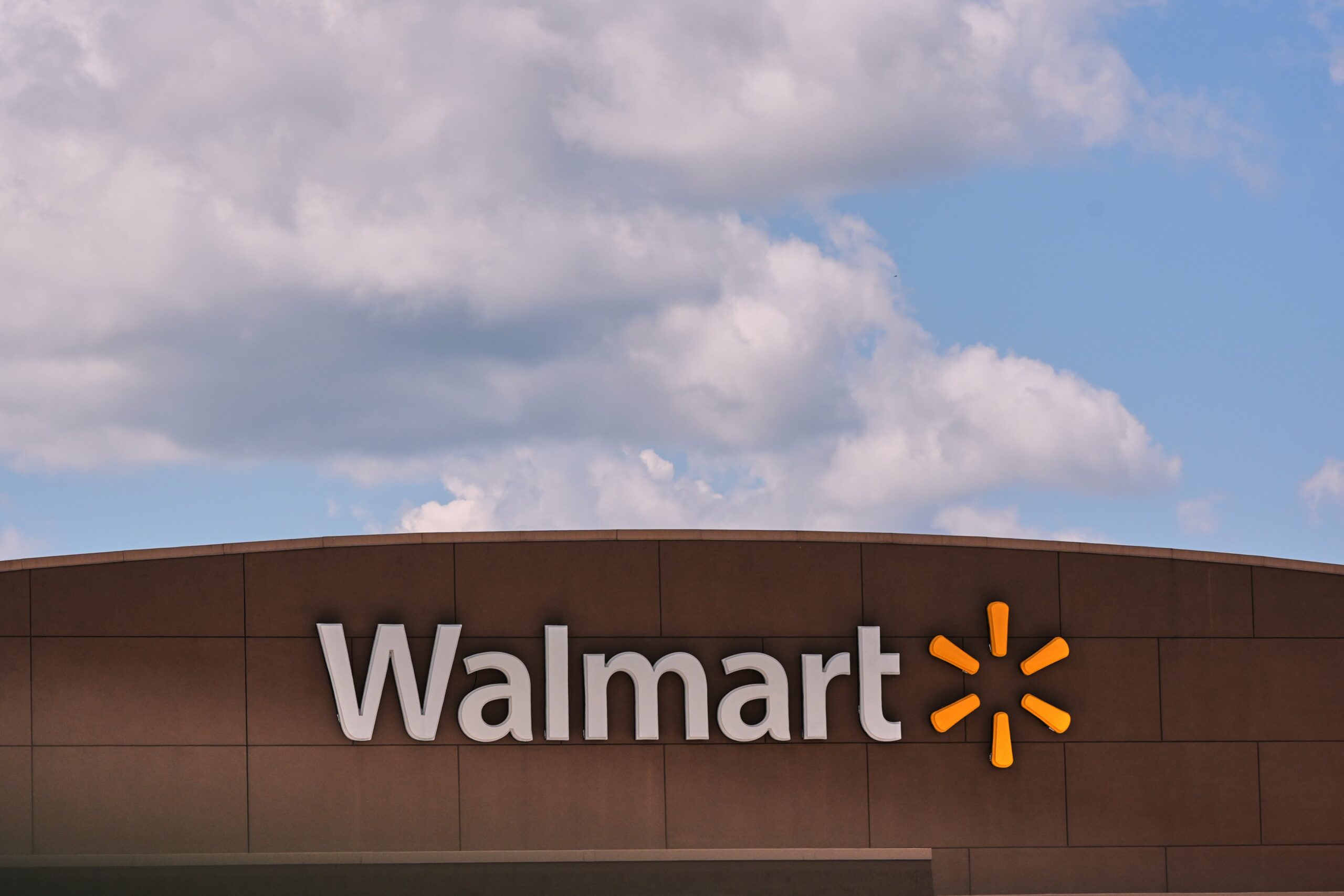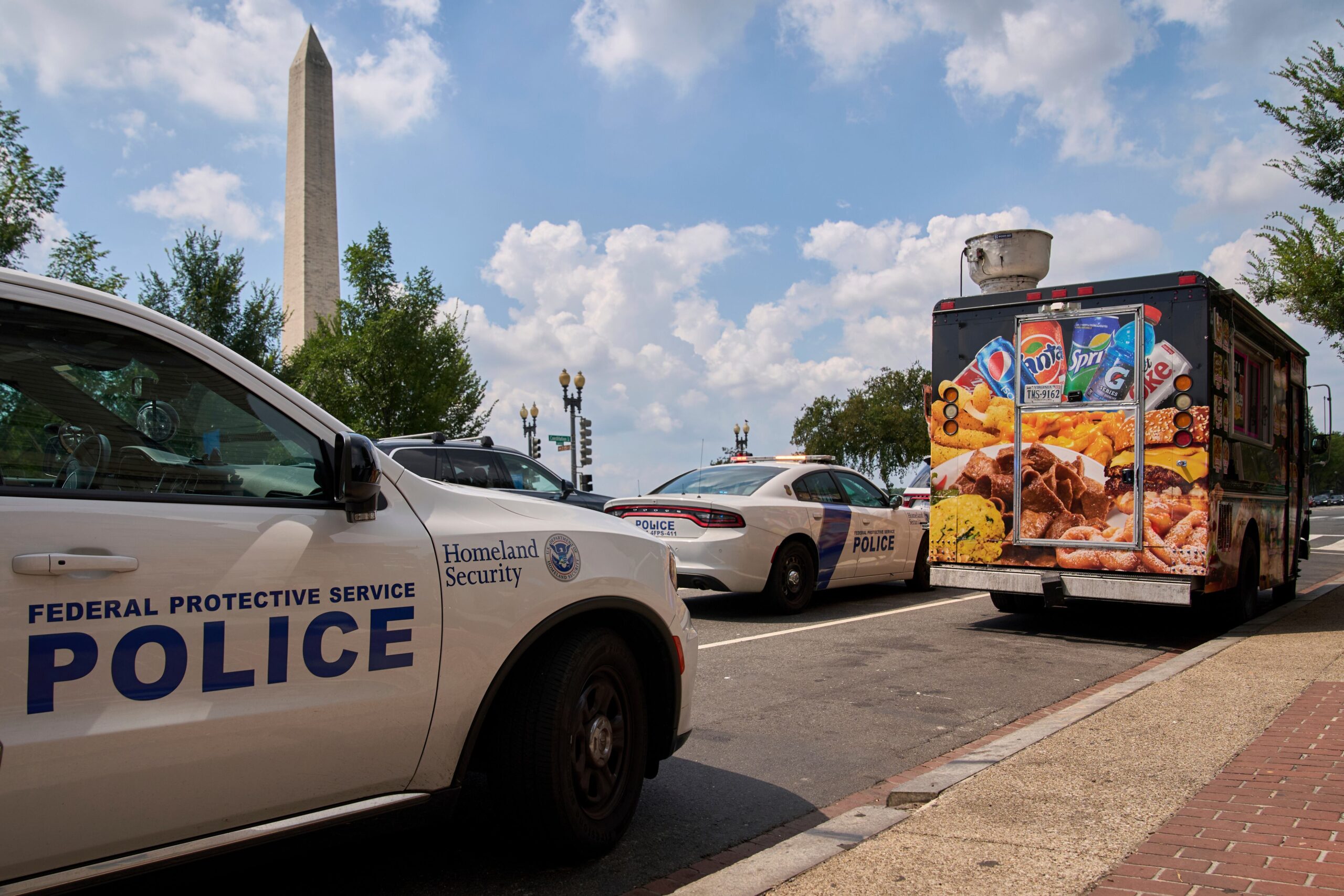Orlando is now experiencing a housing shortage, and by 2035, 90,000 more people are anticipated to call the City Beautiful home, making the demand for additional homes and apartments even more urgent.
During his yearly State of the City address on Tuesday, Mayor Buddy Dyer is anticipated to present a set of incentives, fee waivers, and flexible zoning regulations. From tiny garage flats to massive complexes with hundreds of units, the Orlando Unlocked policy package seeks to promote the construction of additional housing.
The city has experienced a shortfall of about 9,400 homes, apartments, and other units since 2020. Additionally, an additional 46,000 units will be required to keep up with the anticipated population increase.
According to a draft of the mayor’s address, “Our Orlando Unlocked initiative helps increase density in ways that strengthen neighborhoods so that granny flats, townhomes, and apartments can be built in more locations across the city.” Because increasing supply not only reduces costs but also gives individuals the freedom to live as they see fit.
The speech will take place at the Plaza Live on Tuesday at 10:30 a.m.
In an area where housing costs reached a record high last year, the city is working to expand the supply of homes at all price points. Last December, the median sale price in Central Florida, which includes townhomes, duplexes, condominiums, and single-family homes, was $380,000.
However, in order to make living more affordable, local officials also want to provide incentives, tax waivers, parking requirement reductions, and exceptions. To 52 at Park, a new apartment complex at West Colonial Drive and John Young Parkway, for instance, the city provided a school impact fee remission and a 15% parking reduction, totaling almost $2 million.
The 300 units in the neighborhood, which is now under construction, are intended for those who earn at least 60% of the $69,000 median salary in the area.
To get shovels in the ground more quickly, other regulations aim to expedite the review and permitting processes. For instance, public hearings would not be necessary for the majority of applications with 100 units or less.
David Barilla, executive director of Orlando’s Community Redevelopment Agency, stated that he believes the city’s most significant contribution is in the area of supply.
City officials have been under pressure from activists to go farther and completely do away with minimum parking rules. They argue that parking raises home costs by costing developers between $3,000 and $5,000 per place. As previously reported by the Orlando Sentinel, city officials are drafting an ordinance, but its adoption is far from inevitable.
In recent years, city officials have loosened downtown parking regulations and eliminated them completely in a section between Rosalind Avenue and Interstate 4.
According to Chief Planner Elisabeth Dang, the Unlock Orlando campaign is made to accommodate a variety of designs, from those put up by the biggest developers to those that add a garage apartment to a home in the neighborhood.
We’re combining all of that in the hopes of inspiring some individuals who have been watching from the sidelines because they simply don’t know how to get started to get involved and launch some new initiatives that we might not otherwise see, she said.
According to a municipal-prepared data sheet, around 18,000 units have been approved or are awaiting permit review, while 9,200 units are now being built throughout the city.
One of the hardest areas in the country for affordable housing is the Orlando area, which stretches from Sanford to Kissimmee. According to a National Low Income Housing Coalition analysis, there are just 19 affordable units available for every 100 severely low-income renters, making the neighborhood the sixth worst.
Rents are still more than many working-class renters can afford, even though they have decreased this year due to COVID-era spikes. According to Rent.com, the average studio costs $1,679, which is 1% less than the previous year, and the average two-bedroom apartment costs $1,795, which is 15% less than the previous year.
